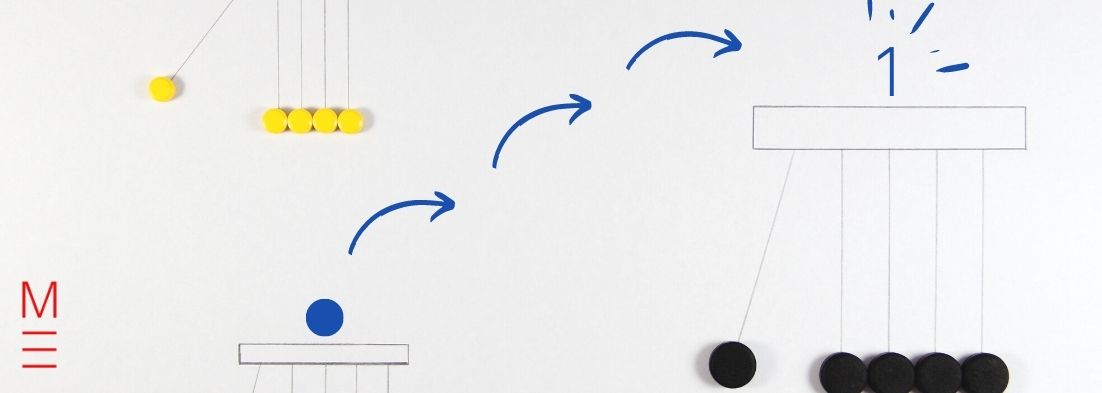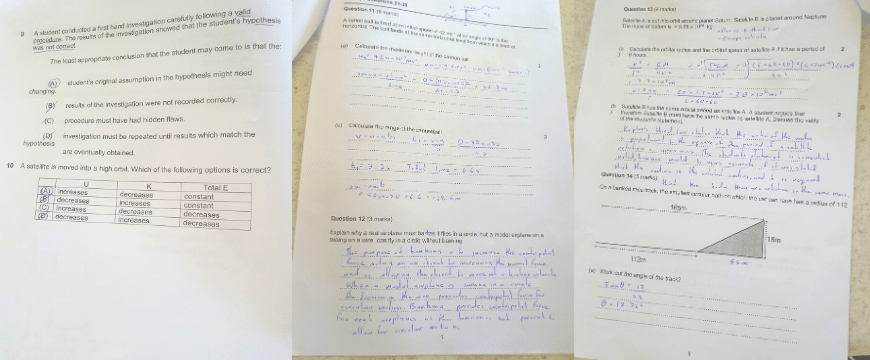Welcome to Matrix Education
To ensure we are showing you the most relevant content, please select your location below.
Select a year to see courses
Learn online or on-campus during the term or school holidays
Learn online or on-campus during the term or school holidays
Learn online or on-campus during the term or school holidays
Learn online or on-campus during the term or school holidays
Learn online or on-campus during the term or school holidays
Learn online or on-campus during the term or school holidays
Learn online or on-campus during the term or school holidays
Get HSC Trial exam ready in just a week
Get HSC exam ready in just a week
Select a year to see available courses
Science guides to help you get ahead
Science guides to help you get ahead
Struggling to boost your Physics marks? In this article, a Matrix graduate shares their 5 top Physics tips to rank in Physics.

Join 75,893 students who already have a head start.
"*" indicates required fields

Join 8000+ students each term who already have a head start on their school academic journey.
Physics is a conceptually demanding subject which allows you to tackle some of the most intriguing discussions about the world we live in. Here are some tips by a physics state ranker for approaching the difficult but rewarding HSC Physics course.
Physics doesn't need to be confusing
Expert teachers, detailed feedback, one-to-one help! Learn from home with Matrix+ Online Courses.
The HSC Physics course spans four modules, each requiring different conceptual understandings and the ability to recall often excessive amounts of information.
The Physics course cannot be crammed so it is important to spread out the workload and consistently revise the content to disrupt the forgetting curve.
Consistent revision is a two-fold study approach:
Preparing for the first is much more difficult as it requires you to go beyond the resources provided by school and sift through textbooks and YouTube videos to try to comprehend rather abstract ideas about the universe.
The moment you come across a new Physics concept, it is a good idea to attempt to summarise it into a few dot points and then try to explain it to a friend.
Remember to note any gaps in your understanding, or aspects of the concept which you are still unsure of, and turn to online resources to gain a more comprehensive understanding.
At the end of each week, you can test how much of the Physics content you can actively recall and explain.
From there you can efficiently determine which sections you need to further revise.
Preparing for the second, the material which may need to be rote-learned is much more efficiently saved for closer to the assessment period.
For example, Module 8 requires an understanding of stellar evolution, which is less a test of your understanding and more a demand that you be able to describe in detail what occurs at each stage.
Since this is purely a recall of facts, saving this information in your short-term memory the week or so before your exam will allow you to use your time more effectively throughout the term.
Often students neglect the fact that every question which appears both in school and HSC assessments will be derived from the syllabus.
It is important to not only understand the content of the course but also where each of the concepts falls under in terms of the relevant syllabus module.
The reason for this is that the extended response questions will often require you to call upon multiple individual syllabus dot points under the same subheading within a module
And, you can only do so once you have drawn connections between the different sets of information you have been learning.
A great way to revise the course is to choose a random syllabus dot point and write down everything you can recall that is relevant to what it is testing.
You can then compare what you have recalled with what is listed in your notes, and this will allow you to identify gaps in your understanding.
Once you are confident in a certain module or section of the syllabus, it is important to practice applying what you have learned to different question types.
Physics past papers are all quite different.
It is very rare to come across the same question twice.
However, it is common for a different set of questions to demand from you the same understanding.
For this reason, marking your past paper answers strictly against the marking criteria is a great resource for your learning.
It will also allow you to feel more prepared for your exams as you will become more familiar with what is expected of you in longer response questions.

The extended response section of the HSC Physics exam is a key differentiator between the top students in the course.
It is often very difficult to pinpoint how to improve your approach to extended response questions.
One way you may do this is by attempting the longer response questions under strict time conditions and then typing up all of your responses in a google document.
From there, consult the marking criteria and type in red any additional information that was listed in the suggested answer.
In this way, you will be able to clearly determine whether the marks you are losing in the extended responses are due to a lack of understanding or lacking enough detail and information.
In addition to this, you can rely upon these responses as scaffolds for future questions, as you will have practised structuring logical responses.
You may also want to share this document with your teachers or peers to have them edit your responses and make further suggestions about what they think you could include or omit.
It is important to practice balancing being concise while also addressing all aspects of the marking criteria.
Physics is a truly fascinating subject as it really gets to the bottom of how the order of things on a nanoscale result in the larger phenomena that are familiar to us.
A great way to really grasp what you are learning in the course and keep up your interest and motivation is to think about the way in which what you are learning is relevant.
For example, understanding what torque is allows you to explain why door handles are manufactured as they are, and the next time you are out in the sunshine you can identify what stage of stellar evolution the Sun is at and approximately how many more years of hydrogen burning it has yet to go.
Written by Guest Author
We have regular contributions to our blog from our Tutor Team and high performing Matrix Students. Come back regularly for these guest posts to learn their study hacks and insights!© Matrix Education and www.matrix.edu.au, 2025. Unauthorised use and/or duplication of this material without express and written permission from this site’s author and/or owner is strictly prohibited. Excerpts and links may be used, provided that full and clear credit is given to Matrix Education and www.matrix.edu.au with appropriate and specific direction to the original content.